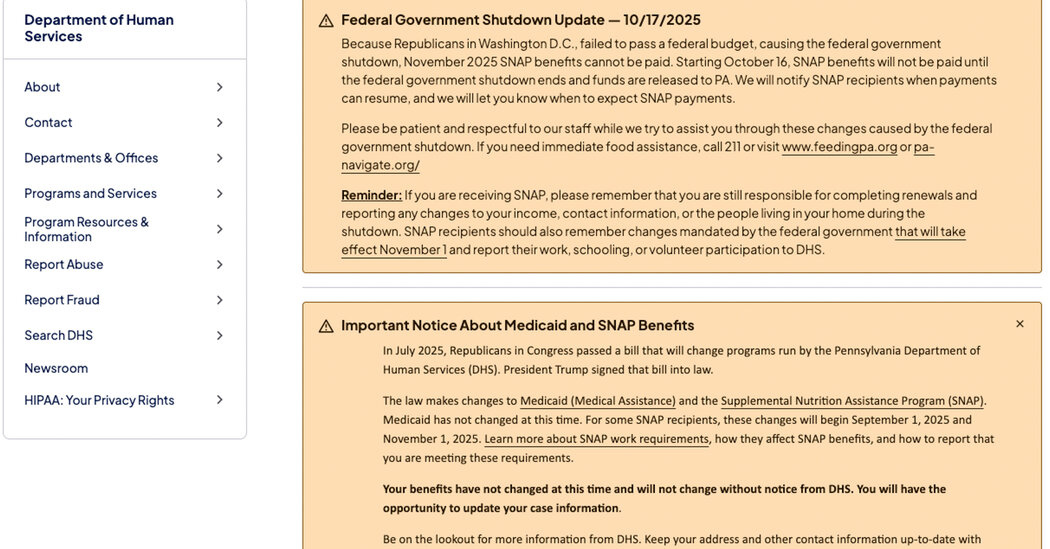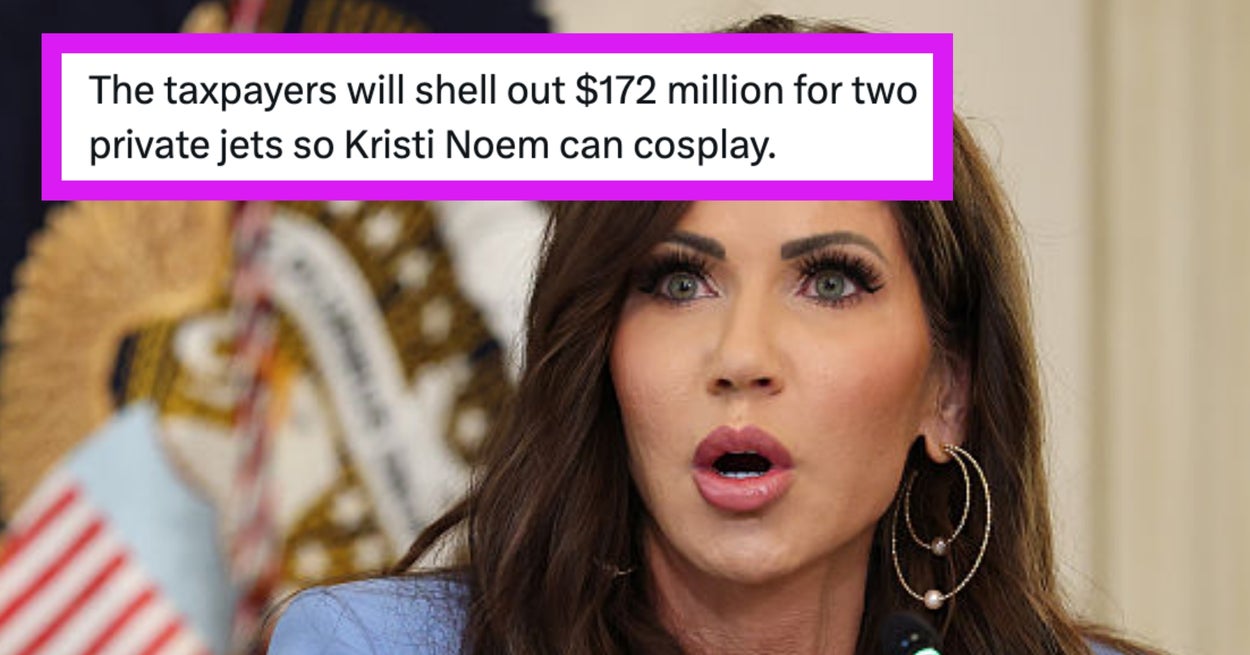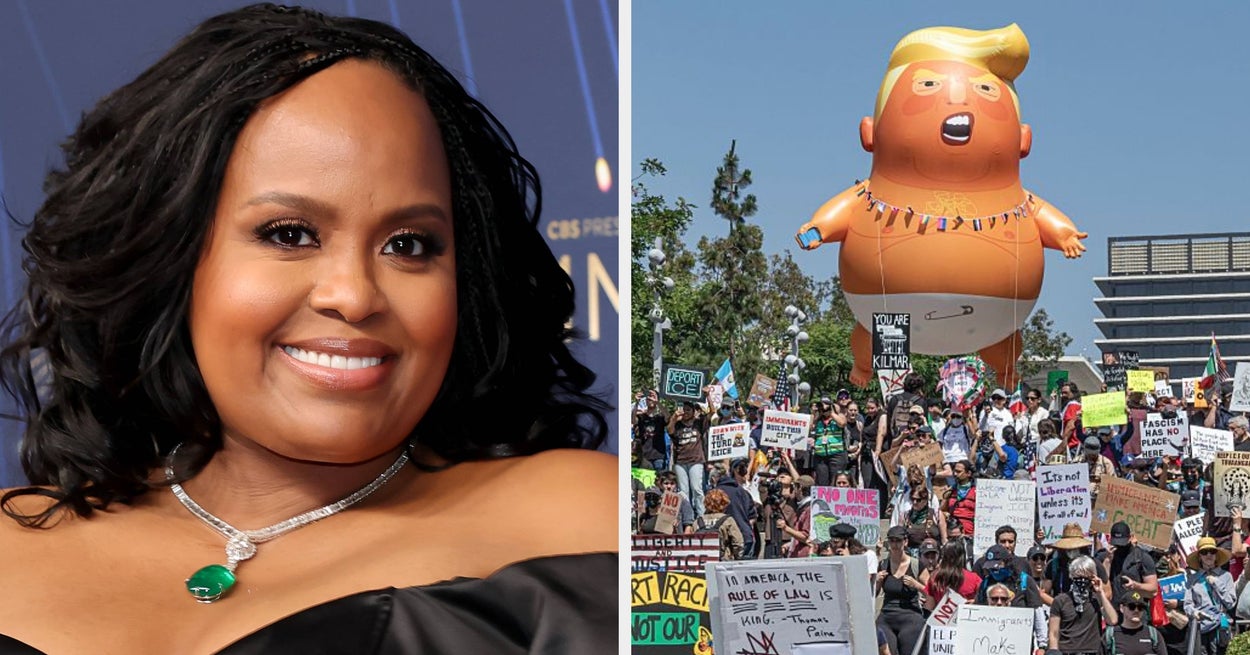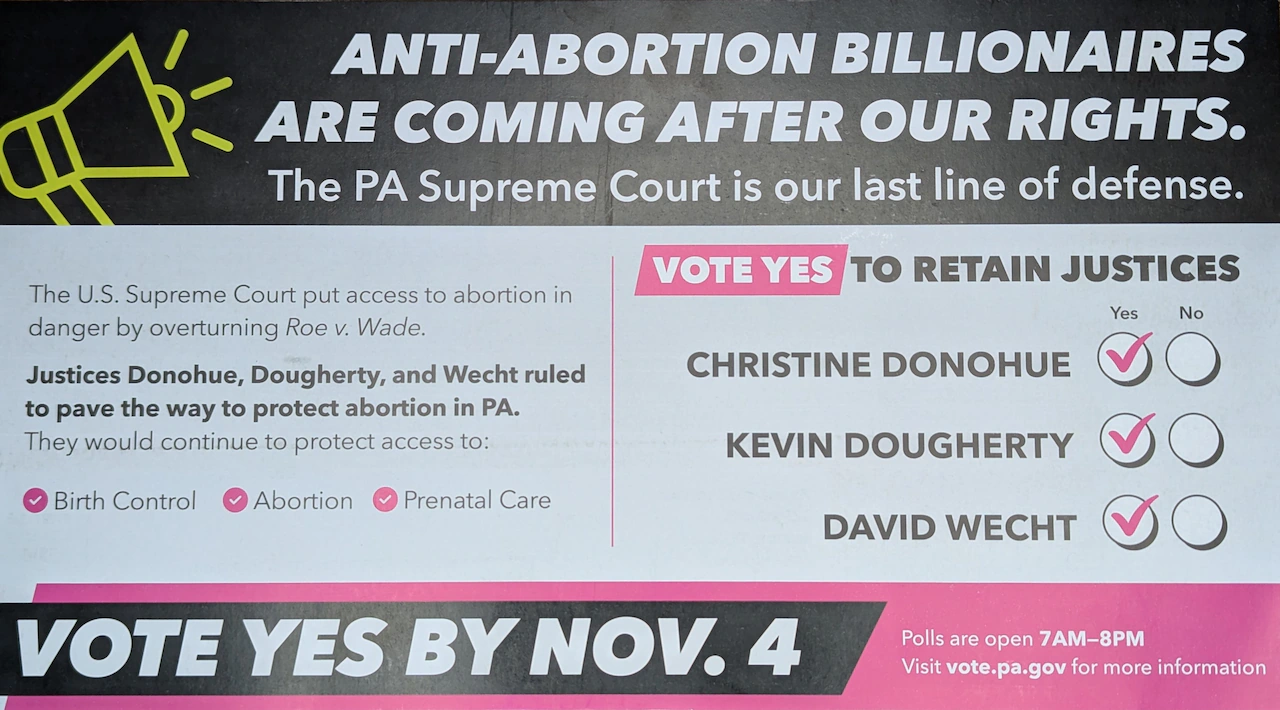Copyright Reuters
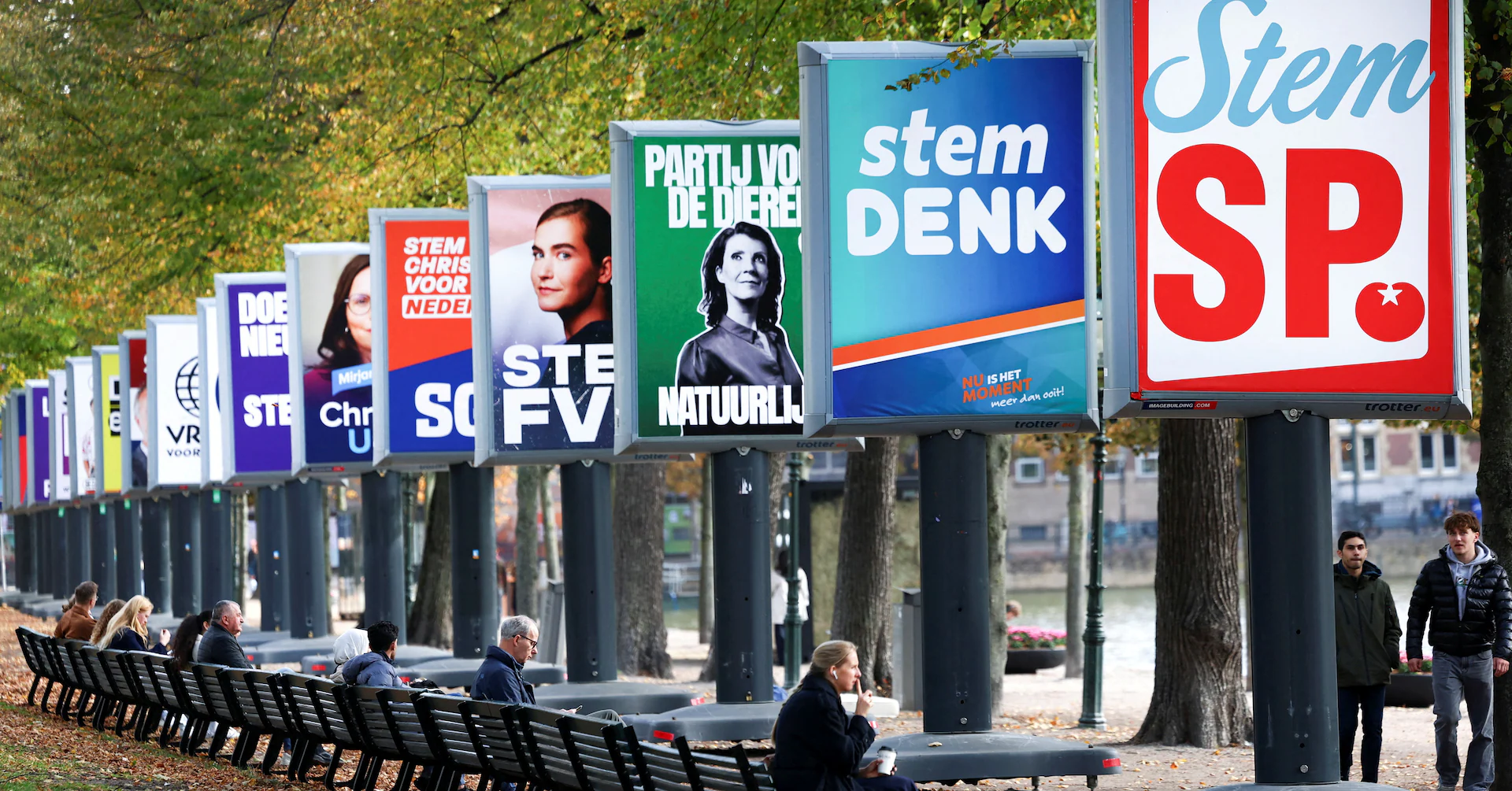
AMSTERDAM, Oct 22 (Reuters) - The Netherlands holds a general election on October 29, when more than 13 million voters will pick parties to form a governing coalition. The poll will ultimately determine who will be the new prime minister, succeeding the unaffiliated Dick Schoof. Here is a look at the main candidates: GEERT WILDERS - PVV Far-right leader Geert Wilders, 62, has been a dominant force in Dutch politics for over 20 years, relentlessly calling for an end to all asylum migration and warning about the existential threat he says Islam poses to the Netherlands. He leads opinion polls. Sign up here. Consistently shunned by potential coalition partners, Wilders had seemed destined for a career in opposition, until a shock win in the 2023 general election propelled his Freedom Party (PVV) into government for the first time. Lacking the support of other parties to lead government due to his radical views, Wilders sacrificed his own desire to be prime minister. The short-lived, right-wing government was instead led by Schoof. Wilders remained in parliament, from where he sometimes openly opposed the fragile governing coalition, which struggled to agree on any major policy. He ultimately toppled the government in under a year - suddenly demanding total support for an immigration freeze that went too far for other parties. With his PVV still leading the polls, Wilders says he will become prime minister this time, but his chances of actually joining government look slim with major parties ruling out working with him again. Wilders has lived under tight security for 21 years due to Islamist death threats and briefly suspended his campaign this month citing security risks. HENRI BONTENBAL - CDA (Christian Democrats) A relative newcomer to Dutch politics, 42-year-old Henri Bontenbal has revived the once powerful Christian Democrats following their demise in the 2023 election, when they fell to a historically low 5 seats in the 150-seat Lower House. Campaigning on a promise for stable government, following the chaos of the PVV-dominated coalition, opinion polls rate the former energy sector consultant as the most popular candidate for prime minister, even among many who vote for other parties. In a clear sign of his popularity, Bontenbal's ratings also held up after he announced his party's plan to scrap a popular tax break for homeowners, and to fund an increase in military spending through higher VAT and cuts in healthcare budgets. FRANS TIMMERMANS -GreenLeft/Labour Left-wing political veteran Frans Timmermans (64) is fighting for what is widely seen as his last chance to become prime minister, the job for which he left his position as vice-president of the European Commission in 2023. But his ambition to rule the country as head of a recently merged social democrat (Labour) - environmentalist (GreenLeft) party was upended by Wilders stunning victory. Timmermans campaigns on traditional left-wing values of higher minimum wages and raising corporate taxes, but also backs tighter migration policy and increased military spending. A former foreign minister who speaks six languages, including Russian, the bearded and soft-spoken Timmermans is by far the most internationally experienced party leader. Opinion polls show around half of voters value his experience, but only a third would pick him to be prime minister. ROB JETTEN - D66 The centrist D66 party has made gains in the polls in recent weeks, driven by the energetic performance of its 38-year-old leader, former climate minister Rob Jetten. His 'Yes, we can'-like campaign messaging, promising a surge in home-building and strong education spending, has set him apart from other parties and he is considered an outsider for the premiership. A traditional backer of European integration and climate policies, D66 is hated by many on the far right, who see it as a party serving a progressive elite. Windows of its headquarters were recently smashed during a violent, anti-migration protest in The Hague. DILAN YESILGOZ - VVD Dilan Yesilgoz (48) in 2023 was favoured to become the first female prime minister of the Netherlands when she took over the lead of the conservative VVD from Mark Rutte, the longest serving government leader in Dutch history and current chief of NATO. But she has struggled to recover from the defeat by Wilders and the VVD's decision to join the chaotic PVV-led coalition. Polls indicate the VVD could be headed for its worst result in decades. A child of Turkish Kurdish human rights activists who fled to the Netherlands when she was eight years old, Yesilgoz campaigns on a promise to make good on the unfulfilled aim of the last government to curb migration. Yesilgoz has said she will not join another coalition with Wilders, but also excludes working with the left-wing Timmermans. Reporting by Bart Meijer; Editing by Anthony Deutsch and Toby Chopra
